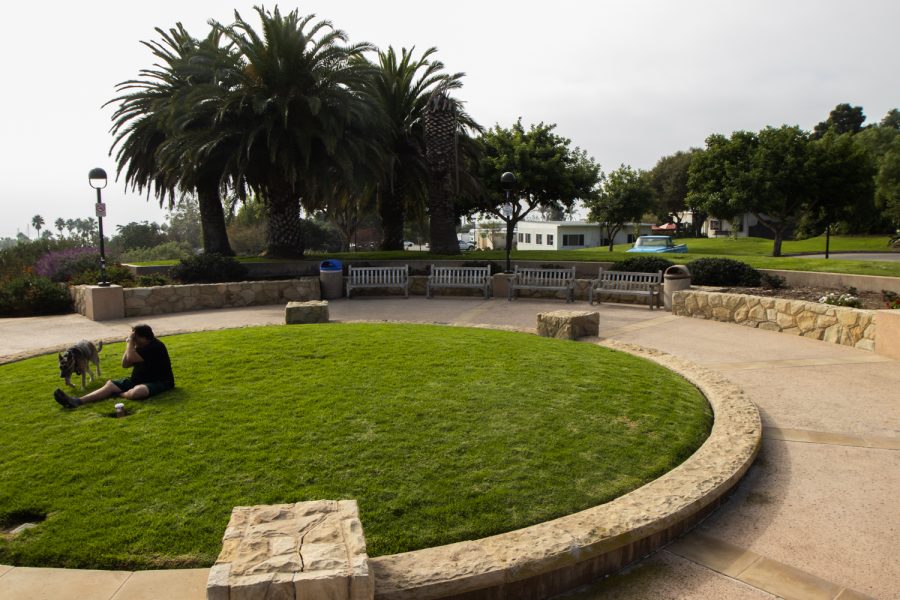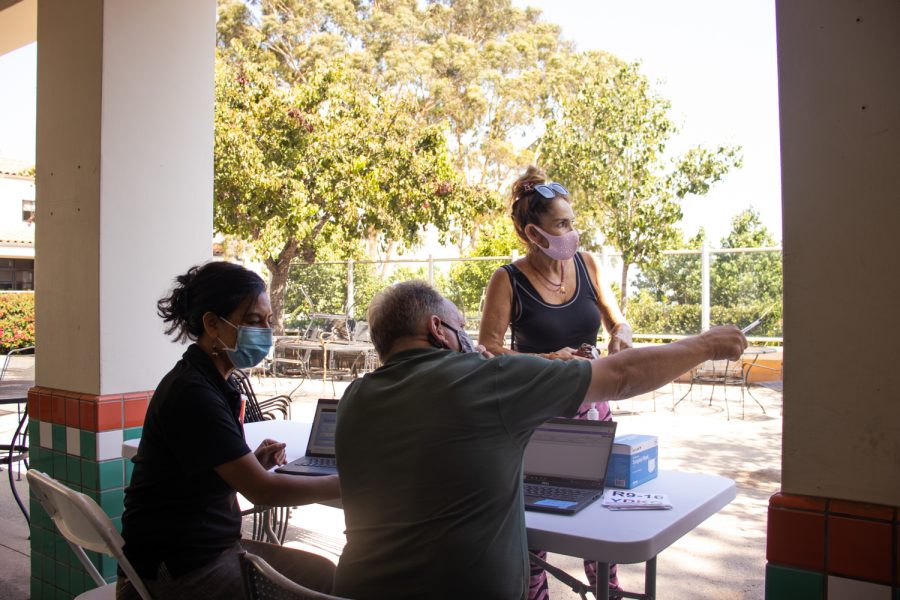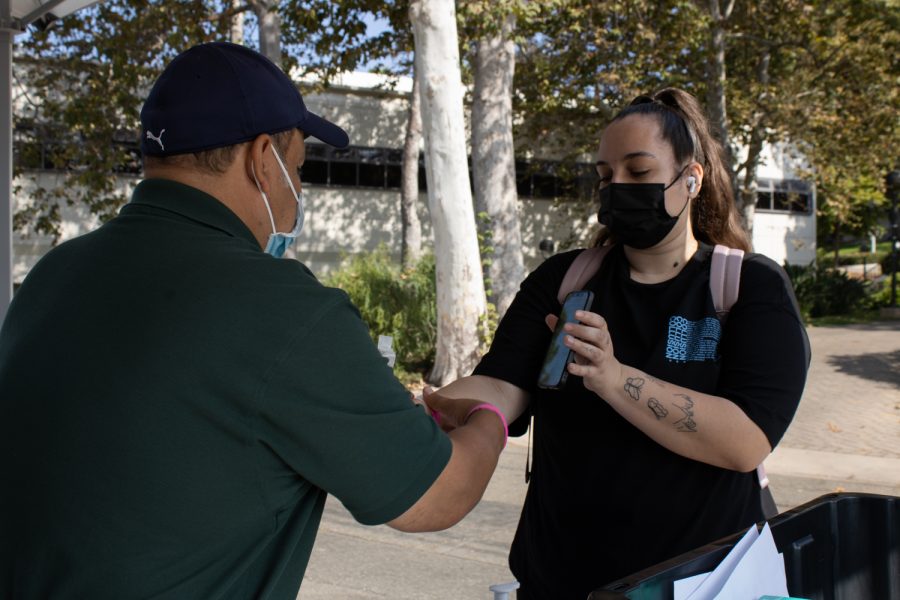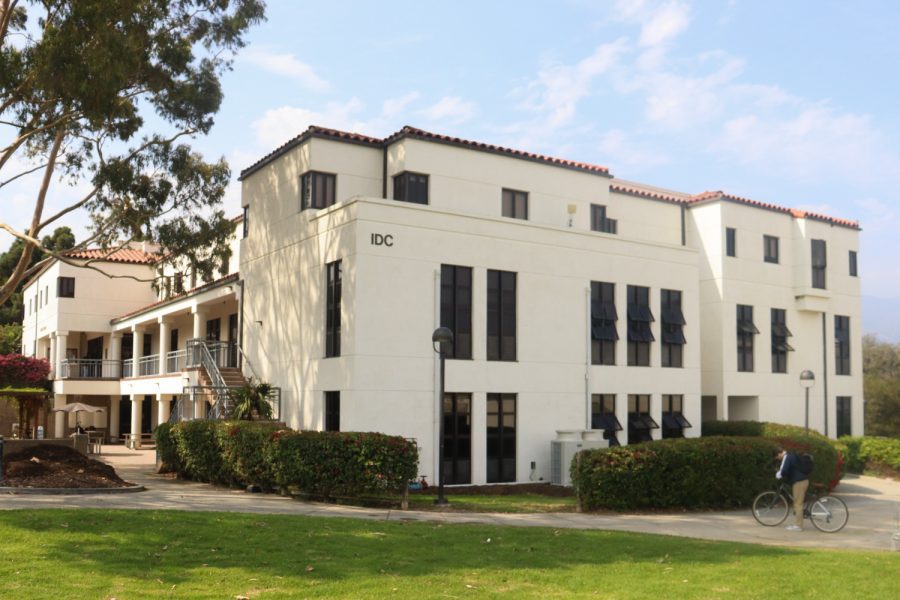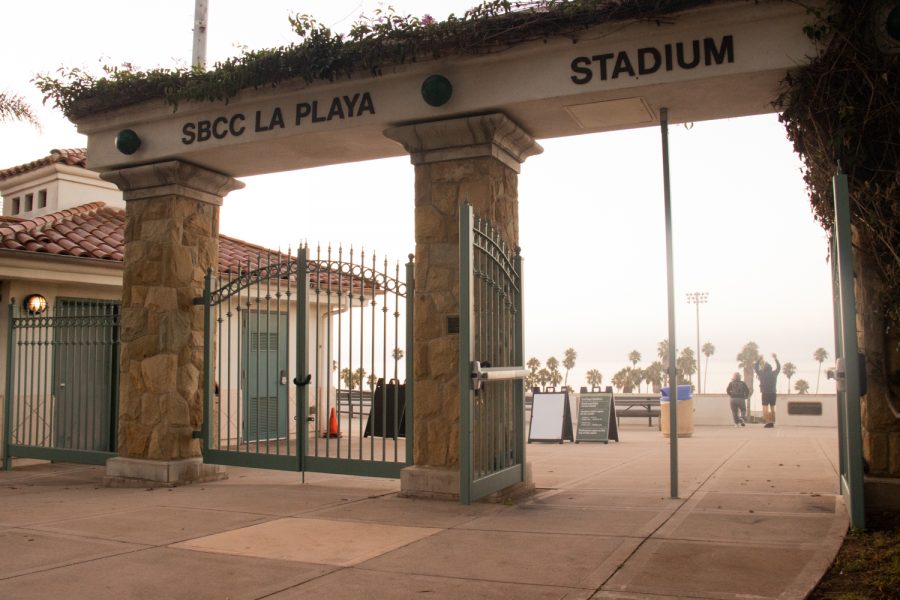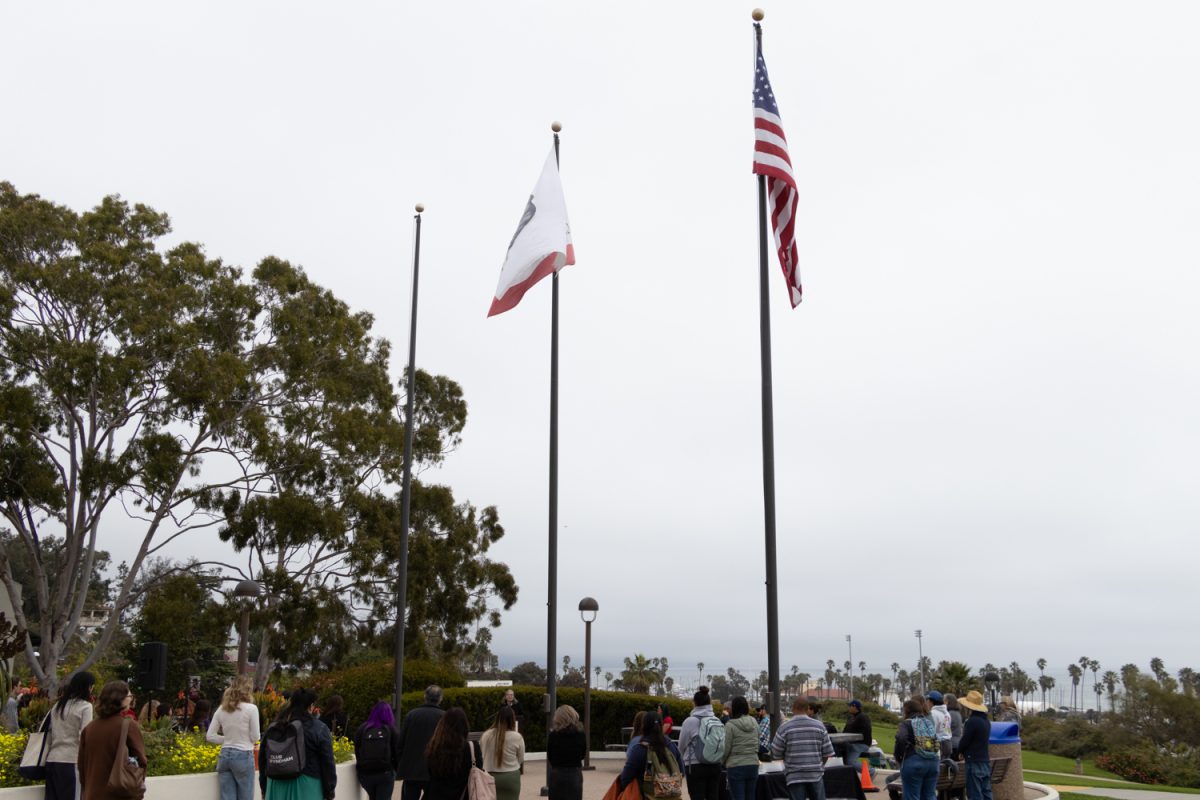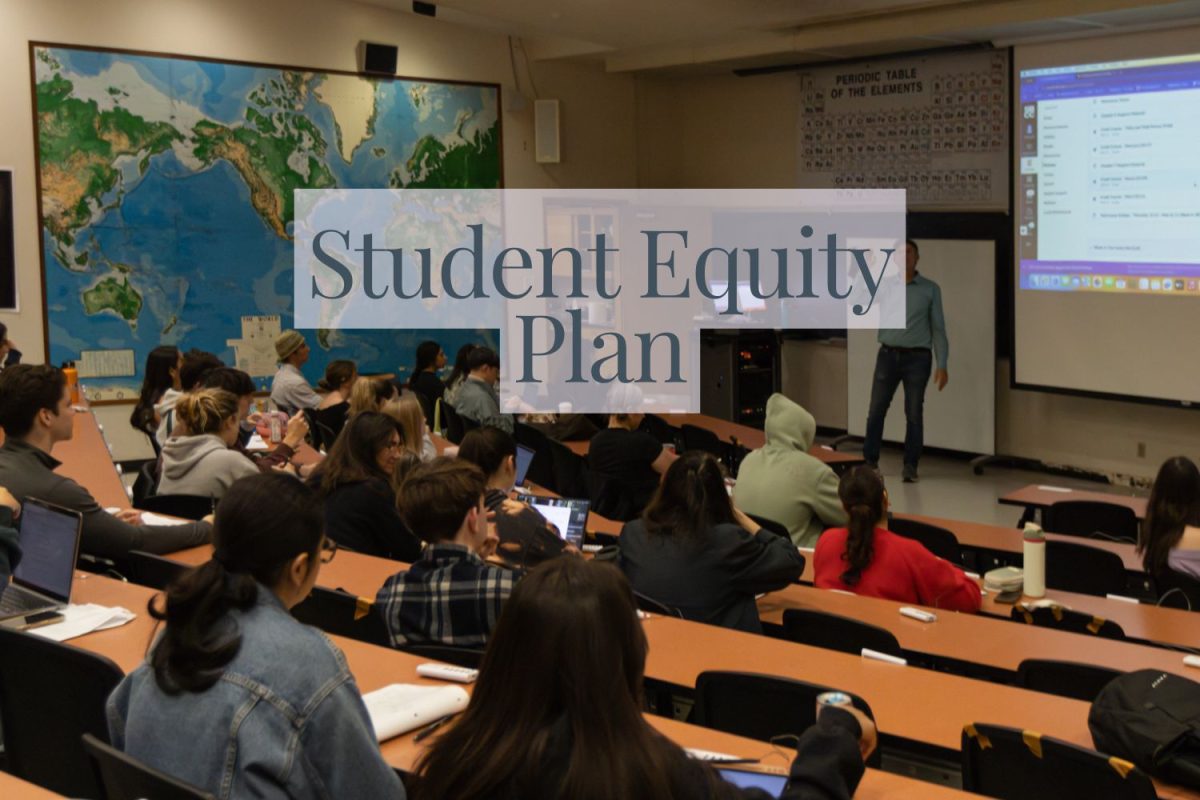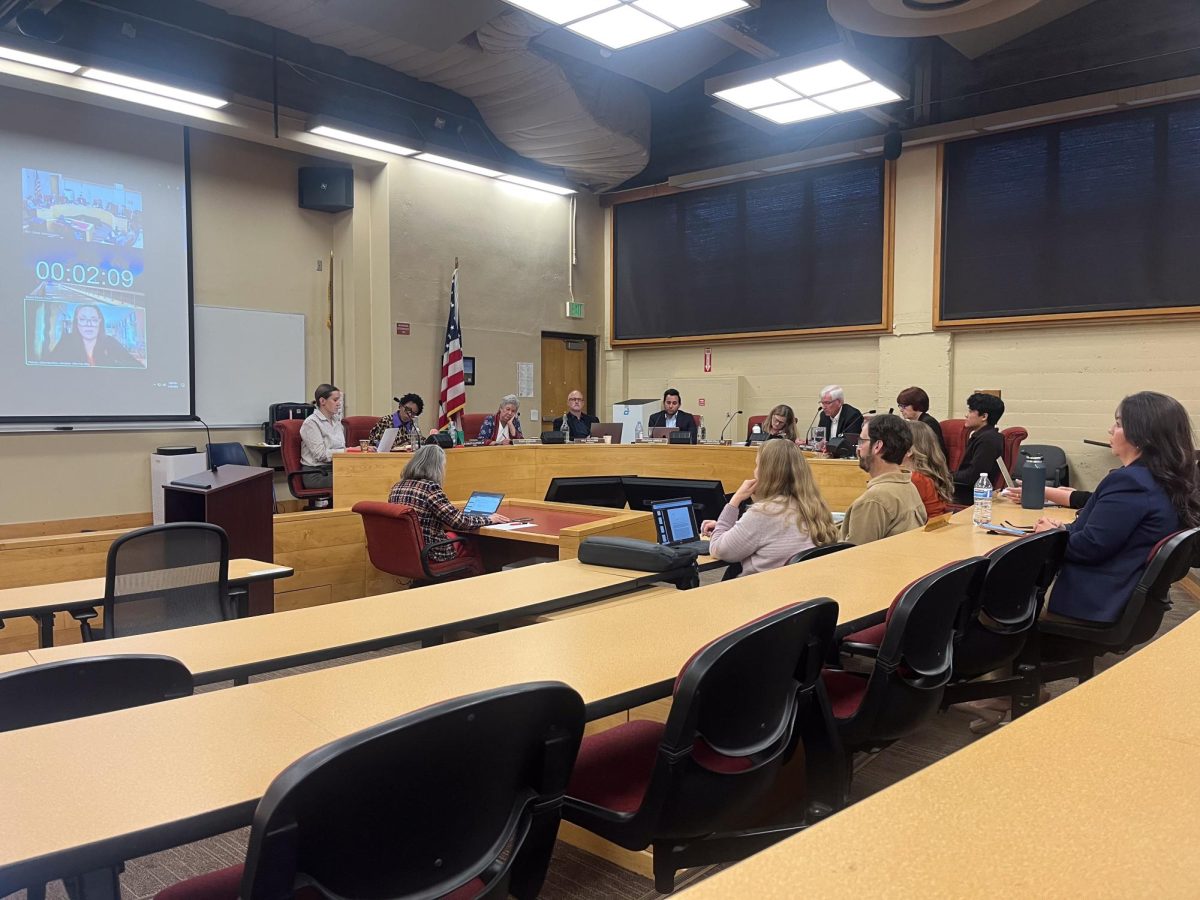Before the coronavirus pandemic, nursing student Jessica Wizman would enter the hospital ready to check off another day of her clinical training. Now she enters with a can of Lysol and a surgical mask, facing possible exposure to COVID-19.
Wizman is a nursing student at Los Angeles Mission College and is completing her final prerequisite at Kaiser Permanente in Panorama City before she can apply to nursing schools.
When she first began, Wizman was doing basic clerical work, such as checking in patients and walking them through their paperwork. Now, she is on the front lines, interacting with potential COVID-19 patients right as they walk into the hospital.
“Before they even get to the door we ask them if they’re experiencing symptoms,” Wizman said.
If patients are experiencing symptoms, they are sent home and urged to make an appointment over the phone.
“We’re trying to control the overflow and contain the spread,” Wizman said.
Although many hospitals are taking extra precautions to protect patients and staff, with medical supplies dwindling and COVID-19 cases rising, healthcare workers across the nation are experiencing fear and frustration.
One aspect of this is the fear of infection.
“I come home and make sure to change my clothes immediately and then shower,” she said. Wizman lives at home with her family, including her younger brother who has severe asthma. “That’s the best I can do.”
Another fear for many nursing students is their ability to graduate, as all nursing students are required to participate in patient care to receive their degrees.
For Wizman, this last prerequisite has been more difficult and demanding than she could have ever imagined.
Many nursing students around the country have felt the effects of COVID-19 on their education as on-site clinical training centers have canceled all student instruction.
Santa Barbara City College nursing students are struggling with the issue of on-site clinical training being removed from their curriculum. Rosette Strandberg, director of the Vocational Nursing program at City College, was very concerned when COVID-19 began to disrupt her students’ progress.
“I have 29 students who were 6 weeks shy of completing the nursing program when we lost our clinical practicum sites,” Strandberg said.
While Strandberg has managed to get approval for a virtual simulation program for her students, nothing beats the real human interactions that nursing students get at the clinics.
Students like Wizman are now faced with possible educational delays due to the adapted learning situation.
“For nursing school I’m supposed to have 100 hours of volunteer service,” she said. “Right now, I only have 30.
“Am I going to be able to volunteer enough to be qualified?”



